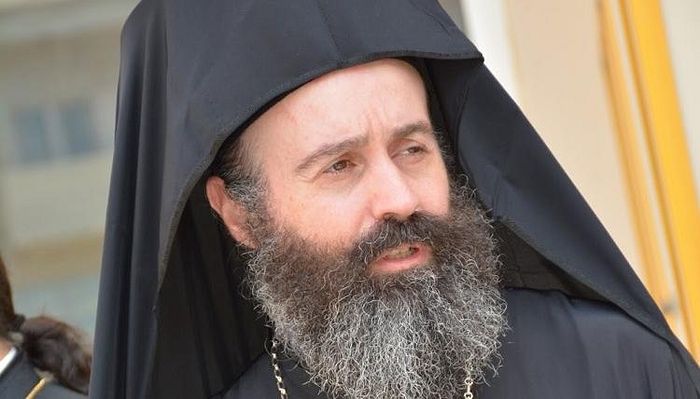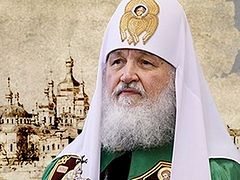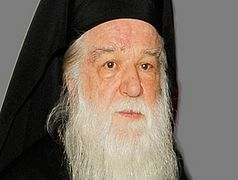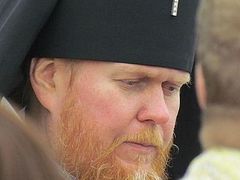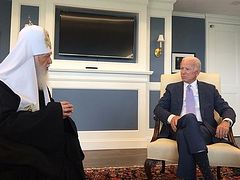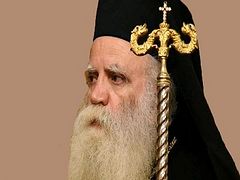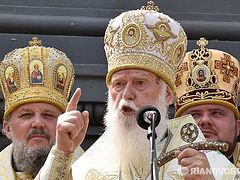His statement shows a striking lack of knowledge about the 1990 patriarchal elections.
Constantinople, October 2, 2018
Meeting in Constantinople from September 1 to 3, the bishops of the Ecumenical Patriarchate heard a report from His Grace Bishop Makarios of Christoupolis on “The Ecclesiastical Issue in Ukraine.”
The full text of the report has been published in English by the Religious Information Service of Ukraine, where it can be seen that, in addition to going over the history of the Church in Kiev from Constantinople’s point of view, Bishop Makarios also made a rather serious allegation against the Russian Orthodox Church.
“The issue of autocephaly in Ukraine was again on the agenda after the collapse of the Soviet Union, with Metropolitan of Kyiv and Galician Filaret (1968) being the main figure. After the death of Patriarch Pimen, Filaret was appointed Locum Tenens of the Patriarchal Throne of Moscow, and was the one having most chances to be elected,” Bp. Makarios writes.
However, the Phanar hierarch then states, “Finally, Metropolitan Alexios of Leningrad was elected Patriarch and Filaret was barred from the elections because of his Ukrainian origin” (emphasis added).
Philaret is now the self-proclaimed “Patriarch” of the schismatic “Kiev Patriarchate.”
Bp. Makarios offers no substantiation for this claim that plays on the already-tense, often violent, relations between many Ukrainians and Russians in Ukraine. While Russians see Ukrainians as their brothers, the Ukrainian government and schismatics are seeking autocephaly from Constantinople precisely to be separated from the Russian Church, which they fear as a supposed tool of an “aggressor state,” as Ukraine considers Russia.
The Ukrainian side has made no attempt to hide that their appeal for autocephaly was motivated by their fervent anti-Russian sentiments. President Poroshenko has even recently stated that Ukrainians and Russians understand Orthodoxy differently, that Ukrainians will not be forced to worship a foreign God—as if Russian and Ukrainian Orthodox do not both worship Jesus Christ—and that Russian President Vladimir Putin cannot tell Ukrainians where to go to church.
Bishop Makarios’ claim immediately caught the eye of many familiar with the history of the 1990 patriarchal elections. In fact, none of the three candidates approved by the Russian Council of Bishops were of Russian origin.
Metropolitan Philaret of Kiev and Galich received 66 votes, while His Eminence Metropolitan Vladimir (Sabodan) of Rostov and Novocherkassk came in second with 107 votes. Met. Vladimir is also Ukrainian, and later became the primate of the Ukrainian Orthodox Church. Despite being Ukrainian, he was welcomed as the bishop of a Russian See and received the second most votes at the patriarchal elections.
His Eminence Metropolitan Alexei (Ridiger) of Leningrad and Novgorod received the most votes, with 139. He was an Estonian of German and Swedish origin.
Met. Alexei then won out in the second round, though he received only 23 more votes than the Ukrainian Met. Vladimir (166-143), thus it is abundantly clear that chauvinism played no part in the patriarchal elections.
In a period where churches, clergy, and faithful of the canonical Ukrainian Church of the Moscow Patriarchate are constantly being attacked by Russophobic Ukrainian nationalists, Bp. Makarios’ claim could not be more reckless and irresponsible.
Follow us on Facebook!

